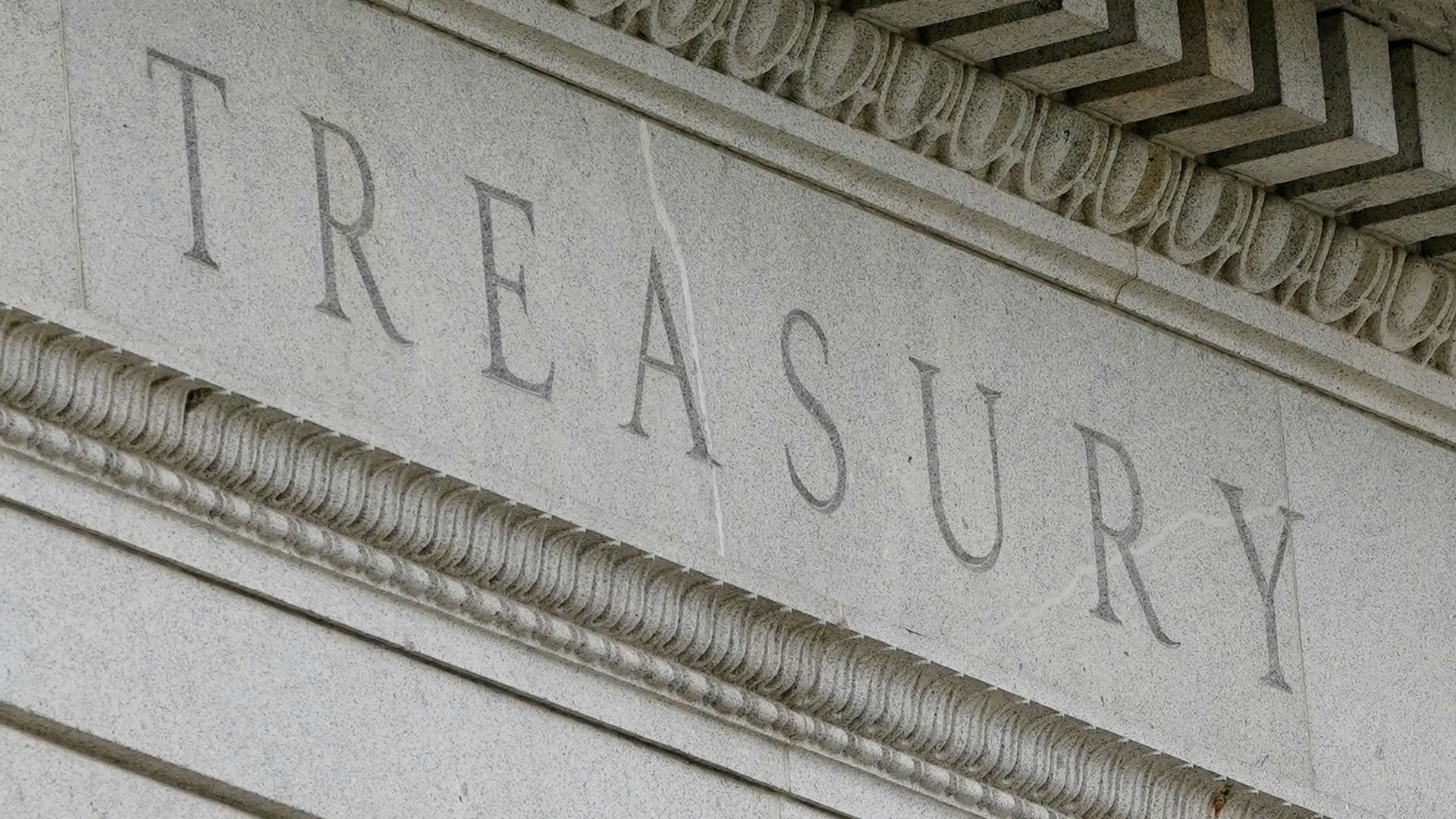
US deficit is projected to roughly double this year, watchdog says
Media Landscape
See how news outlets across the political spectrum are covering this story. Learn more
The US government’s deficit is expected to hit $2 trillion this fiscal year, according to the nonpartisan committee for a responsible federal budget. That’s double the $1 trillion deficit in fiscal year 2022. The increase is largely due to a 16% increase in spending, partly driven by higher interest rates, and a 7% decrease in revenue.
Here are the most recent numbers straight from the Treasury Department:
At the end of July, the US government had spent $5.3 trillion and collected $3.69 trillion in revenue. That put the deficit at $1.6 trillion year-to-date. But the fiscal year doesn’t close until the end September.
According to the media miss tool on SAN.com, this story is a media miss by the left. 60% of the outlets reporting on this are considered right, 20% are center and 20% are considered left.
Here’s a look at the reporting from the left, right and center.
The left leaning Washington Post reported the current surge in the deficit is coinciding with a period of unusually strong economic growth, amid historic lows in unemployment and robust corporate profits.
Harvard Economics Professor Jason Furman told The Post: “To see this in an economy with low unemployment is truly stunning.” “A good and strong economy, with no new emergency spending — and yet a deficit like this. The fact that it is so big in one year makes you think it must be some weird freakish thing going on.”
The Hill, which is considered center, wrote: “high interest rates, lower tax revenues and high inflation resulting in higher Social Security and Medicare costs have all contributed to the rising deficit.”
The Wall Street Journal, which leans right, wrote: “Something strange is happening with the federal budget this year.
The deficit has exploded…Such a surge typically could be expected to stimulate growth and, in turn, inflation.
But inflation has steadily dropped over the same period. The mismatch is a reminder that wider deficits don’t always lead to higher inflation, a potentially important lesson as the gap between spending and revenue grows in the future.”
If you like our media miss tool, you can head to San.com right now and go through dozens of stories yourself. you can see what the media is covering what it’s not covering and of course how it’s covering it. check it out at san.com.








